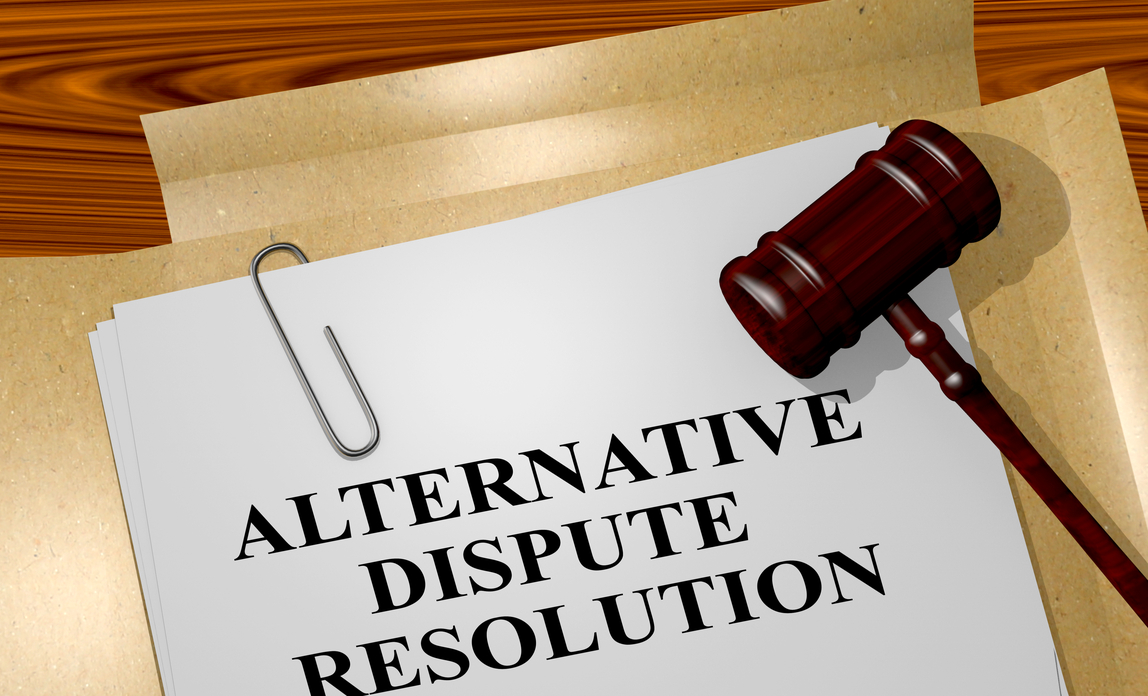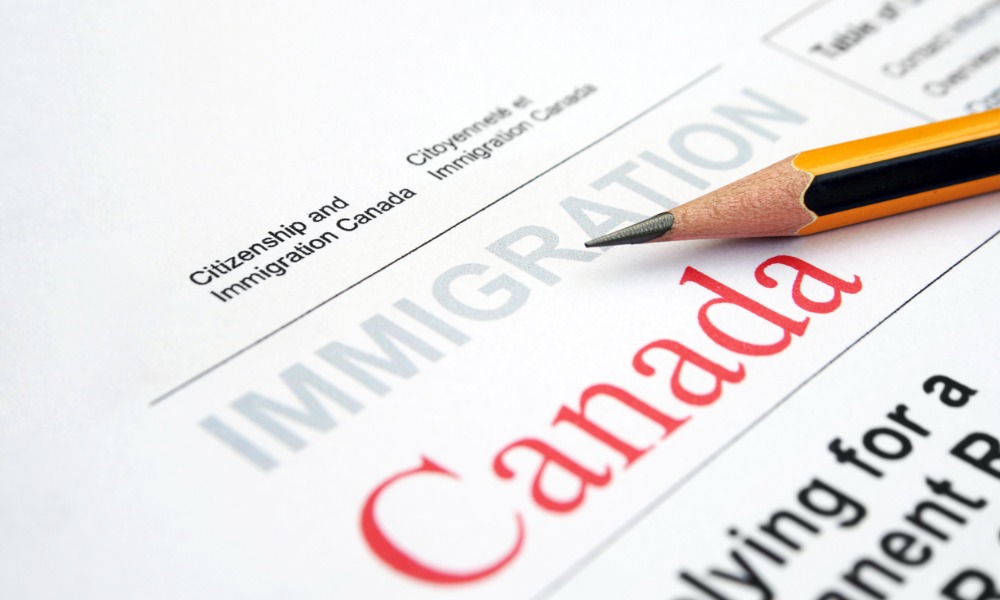
When you receive a settlement from a lawsuit, whether it’s from a personal injury case, employment dispute, or any other legal matter, cashing the settlement check is an important step. Understanding the process of lawsuit check cashing ensures that you can access your funds without unnecessary delays or complications. This guide provides a comprehensive overview of what you need to know about lawsuit checks cashing, from understanding the types of settlements to the steps involved in the cashing process.
Understanding Lawsuit Settlements
Before diving into the specifics of cashing a lawsuit check, it’s essential to understand what a lawsuit settlement entails. A lawsuit settlement is an agreement between parties to resolve a dispute without proceeding to a court trial. The settlement amount, agreed upon by both parties, compensates the plaintiff for damages, including medical bills, lost wages, or other expenses related to the case.
Settlements can be structured in two ways:
- Lump-Sum Settlements: The entire settlement amount is paid out at once.
- Structured Settlements: The payment is distributed in installments over a specified period.
For both types, receiving a check is common, and knowing how to cash it is crucial.
The Process of Cashing a Lawsuit Check
Cashing a lawsuit check involves several steps, each requiring careful attention to ensure the process goes smoothly. Here’s a breakdown of the process:
- Endorse the Check: The first step in Lawsuit Checks Cashing is endorsing the check. This involves signing the back of the check, indicating that you are the rightful recipient of the funds. If the check is made payable to multiple parties, all parties must endorse it.
- Identify an Appropriate Financial Institution: After endorsing the check, you’ll need to take it to a financial institution to cash it. This could be your bank, a credit union, or a check-cashing service. It’s advisable to cash the check at the bank where it was issued, as this may expedite the process and avoid potential holds.
- Provide Identification: When cashing a lawsuit check, be prepared to present valid identification. Most banks require government-issued identification, such as a driver’s license or passport, to verify your identity.
- Consider the Fees: Depending on where you cash your check, there may be fees involved. Banks generally charge lower fees compared to check-cashing services, but some banks may waive the fees if you have an account with them. It’s important to inquire about any fees upfront to avoid surprises.
- Deposit vs. Cashing: Consider whether you want to deposit the check into your account or cash it outright. Depositing may be more secure, especially for large amounts, as it allows you to track the funds electronically. Cashing it out gives you immediate access to cash but may involve higher fees or limits on the amount you can cash at once.
Factors That Can Affect the Cashing Process
Several factors can influence the process and timing of lawsuit check cashing:
- Check Hold Policies: Banks may place a hold on large checks, particularly if you don’t have sufficient funds in your account to cover the check amount. This hold can last several business days, delaying access to your funds.
- Endorsement Issues: If the check is not properly endorsed, the bank may refuse to cash it. Make sure all required parties have signed the check and that any endorsements are clear and accurate.
- Banking Hours: The timing of when you cash your check can affect how quickly you receive your money. If you deposit the check late in the day or on a non-business day, processing may not begin until the next business day.
Alternatives to Cashing Lawsuit Checks
In some cases, you might consider alternatives to traditional lawsuit check cashing:
- Direct Deposit: Some settlements offer the option for direct deposit, allowing funds to be transferred directly to your bank account. This can expedite access to your funds and reduce the risk of delays.
- Prepaid Debit Cards: Certain legal settlements may offer payment via a prepaid debit card, which can be used like cash. This option provides immediate access to funds without needing to cash a check.
- Check Cashing Services: For those who do not have a bank account or prefer not to use one, check cashing services are available. However, these services often charge higher fees and may have lower cash limits.
Legal Considerations and Tax Implications
It’s important to be aware of any legal and tax implications associated with your lawsuit settlement. While many personal injury settlements are tax-exempt, other types of settlements, such as those for lost wages or punitive damages, may be taxable. Consult with a tax professional or attorney to ensure you comply with all tax obligations.
Additionally, if your settlement is part of a structured agreement, there may be restrictions on how and when you can access the funds, which could affect your ability to cash the check immediately.
Conclusion
Lawsuit check cashing is a straightforward process, but it requires careful attention to detail to avoid delays and complications. By understanding the steps involved and considering factors such as fees, bank policies, and legal implications, you can efficiently access your settlement funds. Whether you choose to cash the check outright or explore alternative options, being informed will help you make the best decision for your financial situation.








